A little-known US intelligence principle called the "duty to warn" is getting special attention after the terrorist attack in Moscow.
White House National Security Council spokesman John Kirby said on March 28 that US intelligence had information about a terrorist plot by the self-proclaimed Islamic State (IS) militants targeting concerts and large gatherings in Moscow and had repeatedly warned Russia about this.
"The fact is that the United States tried to help prevent the terrorist attack and the Kremlin knew this," Mr. Kirby said, adding that the United States also sent a written warning to Russia at 11:15 on March 7, two weeks before the terrorist attack at the Crocus theater outside Moscow.
How the Russian theater attack unfolded. Video: Reuters, TASS
US intelligence officials say the warning they sent to Russia was clear. Through both public and covert channels, Washington sought to inform officials in President Vladimir Putin’s administration that “extremists” were “planning to carry out” a massacre.
The move was made by the US under a principle known as the "duty to warn", which obliges US intelligence officials to share information about serious terrorist threats if conditions permit, regardless of whether the other side is an ally or an opponent.
The US has led a multi-nation military coalition to defeat IS in Iraq and Syria, while maintaining troops in the two countries to continue monitoring and guarding against the resurgence of the terrorist group.
For many years, US intelligence has been closely monitoring all of IS's activities, both to know the movements of its leaders and to detect terrorist attacks in a timely manner. US intelligence has continuously detected and provided information for campaigns to eliminate IS leaders.
In late 2022, IS announced the appointment of Abu al-Hussein al-Husseini al-Quraishi as its supreme leader, after the previous leader was killed in southern Syria. On April 29, 2023, Türkiye, a US ally, announced the death of al-Quraishi in a raid in Syria. Three months later, the US killed Osama al-Muhajer, the IS leader in eastern Syria.
Intelligence about an IS attack plot targeting the Russian capital is considered credible by US intelligence. On March 7, the US embassy in Moscow announced that it was monitoring reports of "extremists planning to target large gatherings in Moscow, including concerts." They advised US citizens in the Russian capital to avoid major events.
This is considered the most public warning the US has sent to Russia about the threat of terrorism. Behind the scenes, similar information was also being sent. The Dossier Center, a research center in London, said that some internal Russian intelligence reports at the time mentioned the risk of an attack in Russia by Tajiks radicalized by ISIS-K, the IS branch in Afghanistan.
Following the information passed on under the US “duty to warn,” there was little sign that Russia took it seriously enough to plan to prevent the attack.
Russia's public response has been to dismiss the US warning. Three days before the Crocus attack, President Putin met with officers of Russia's Federal Security Service (FSB), criticizing what he called "hysterical statements" from the West about possible attacks.
He said this was just "an act of intimidation and an attempt to disrupt Russia", and asked the FSB to increase efforts to deal with security threats from Ukraine.
Hours after four gunmen attacked the Crocus Theater on March 22, IS issued a statement claiming responsibility, saying it was part of a "war against those who oppress Islam."
When Russian officials expressed skepticism about the claim, IS released a photo of the gunmen taken before the attack. The militants then released a video sent by the gunmen, showing the terrorists firing at civilians in the theater. The clothes worn by the terrorists in the photo matched those worn by the suspects when they were arrested by Russian security forces.
Gunmen inside the area believed to be the Crocus City Hall theater lobby in Krasnogorsk, Moscow Oblast, Russia on March 23. Video: Amaq
US National Security Council spokesman Kirby noted that Washington's obligatory warning to Moscow should not be seen as a breakthrough in US-Russia relations or intelligence-sharing efforts between the two countries.
“There will be no security assistance between Russia and the United States,” he told reporters on March 25. “We had an obligation to warn them about information we had that they clearly did not have. We did that.”
The United States began focusing on sharing threat warnings after the August 7, 1998, attacks by al-Qaeda on the U.S. embassies in Kenya and Tanzania, which killed dozens of U.S. and Kenyan citizens and government employees of various nationalities.
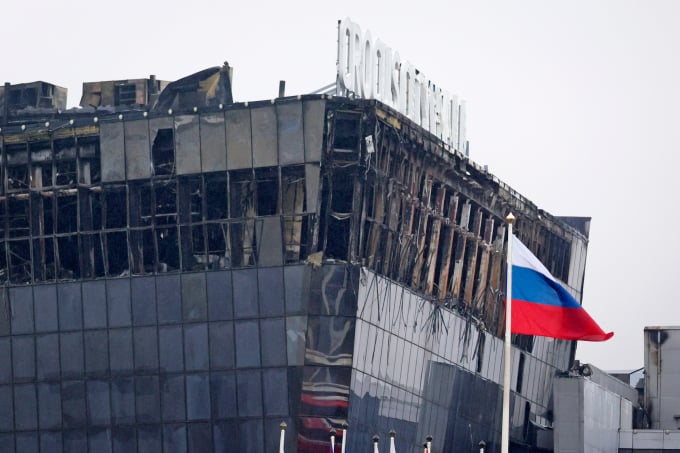
Crocus City Hall Theater on the outskirts of Moscow, Russia, caught fire after a terrorist attack on the night of March 22. Photo: AP
US intelligence agencies have refused to respond to requests for any records showing whether they had advance knowledge of the plot to assassinate Khashoggi, media reports said.
Under the Biden administration, threat intelligence sharing with other governments has been greatly enhanced, especially in the period before Russia launched its war in Ukraine in February 2022. The US then decided to declassify important documents about Russia's war plans in an attempt to persuade Ukraine and its allies to pressure Russia to withdraw hundreds of thousands of troops massed at the border, but without success.
In an article in Foreign Affairs this spring, CIA director William Burns discussed the importance of “intelligence diplomacy,” the strategic use of intelligence findings to strengthen allies and confuse adversaries.
In practice, however, experts say such warnings are not always heeded, and the obligation to warn does not mean the other party has to listen. This is especially true when they are adversaries.
In January, the US issued a similar warning to Iranian officials ahead of a twin bombing near the grave of Iranian general Qassem Soleimani in the city of Kerman that killed 95 people. IS claimed responsibility for the incident.
In 2004, the administration of Venezuelan President Hugo Chavez also expressed "skepticism" when US officials warned of a plot to assassinate him, Stephen McFarland, a former US diplomat in charge of Central and South America, said on March 25.
Such deep distrust often means that warnings between the US and Russia go unheeded. That is true even of common dangers that both sides face, like IS or al-Qaeda.
Moscow tends to downplay efforts to cooperate with Washington on intelligence against common threats, but in 2013, the United States also suffered consequences for not taking Russia’s warnings seriously, according to Steven Hall, a former U.S. intelligence official.
The FSB warned Washington in 2011 that an American citizen named Tamerlan Tsarnaev was a member of extremist groups, but US intelligence at the time was skeptical and even concluded that Tsarnaev did not pose a threat. Two years later, Tamerlan Tsarnaev and his brother carried out the tragic bombing at the Boston Marathon, killing three people and injuring hundreds.
Vu Hoang (According to AP, ABC, Reuters )
Source link


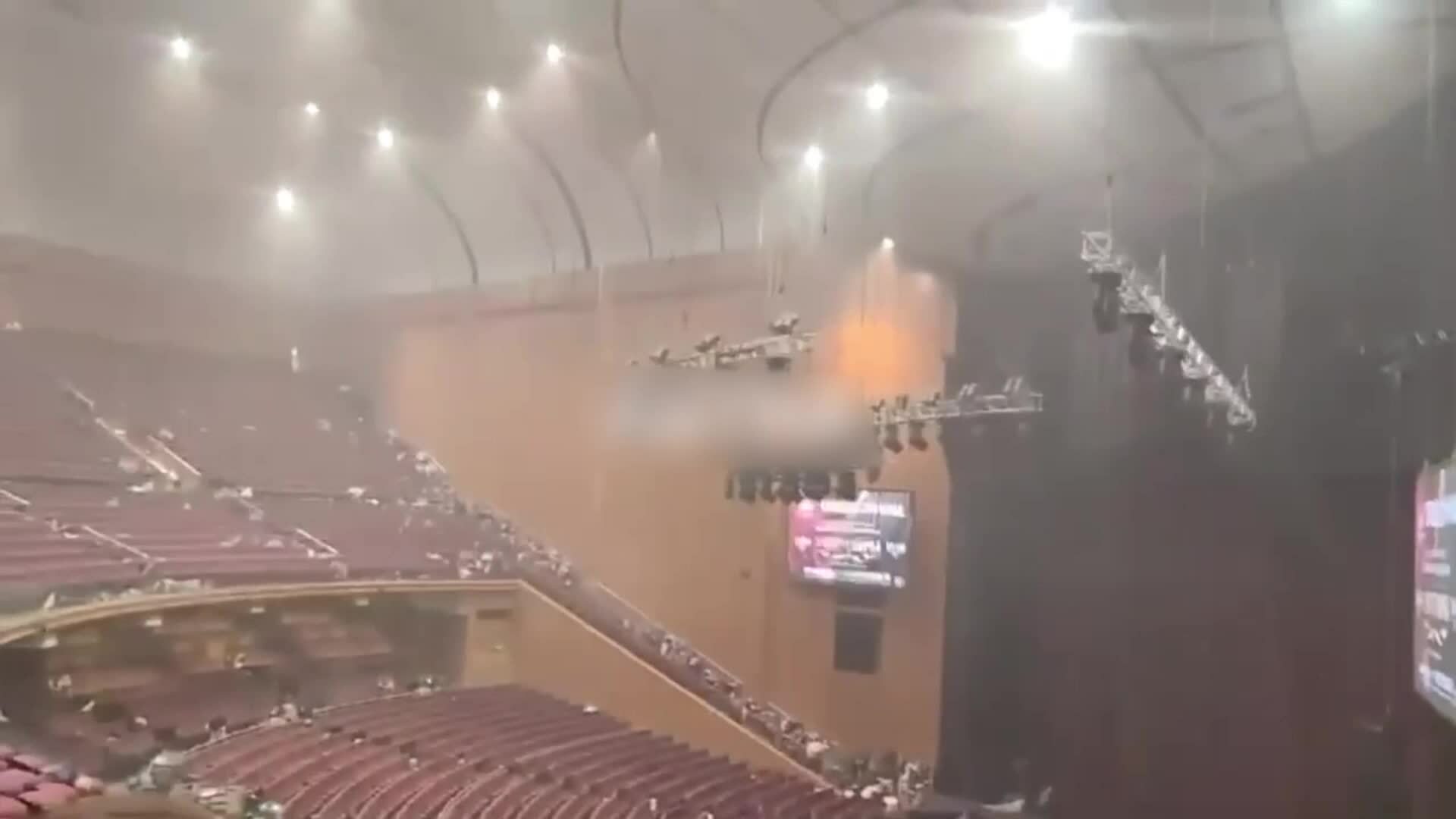
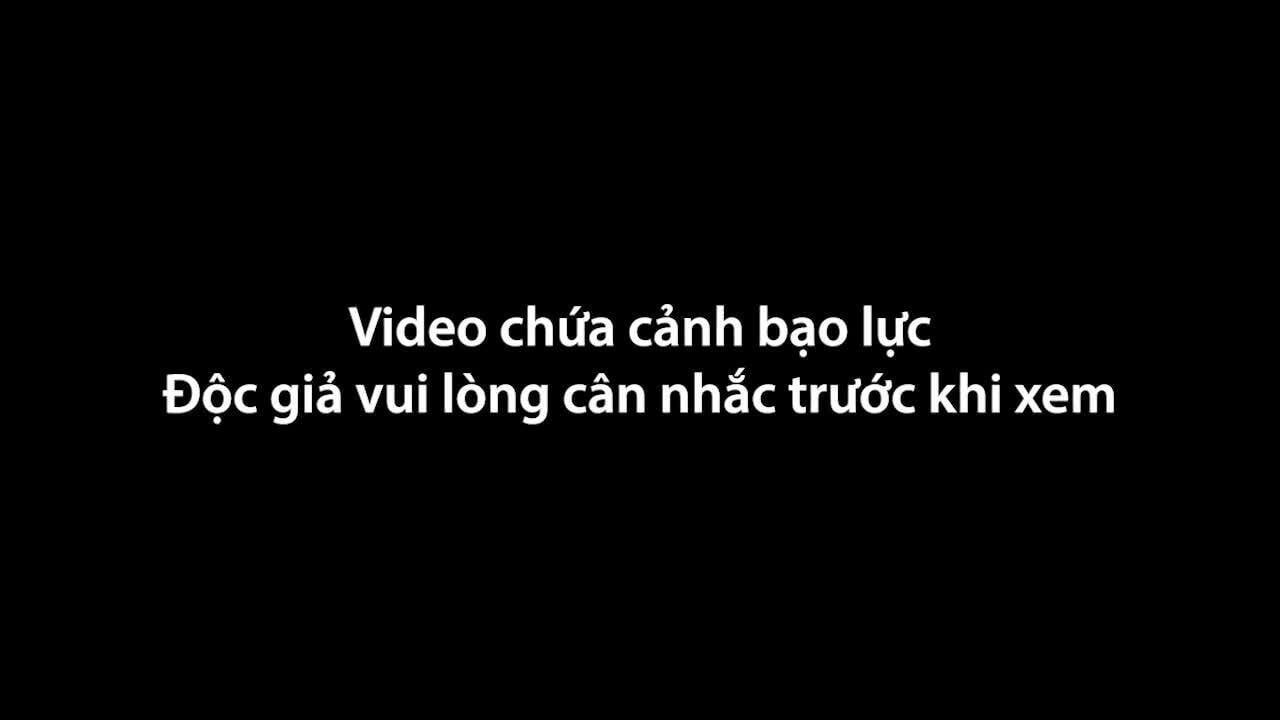


![[Photo] Prime Minister Pham Minh Chinh receives Mr. Jefferey Perlman, CEO of Warburg Pincus Group (USA)](https://vstatic.vietnam.vn/vietnam/resource/IMAGE/2025/4/18/c37781eeb50342f09d8fe6841db2426c)
![[UPDATE] April 30th parade rehearsal on Le Duan street in front of Independence Palace](https://vstatic.vietnam.vn/vietnam/resource/IMAGE/2025/4/18/8f2604c6bc5648d4b918bd6867d08396)


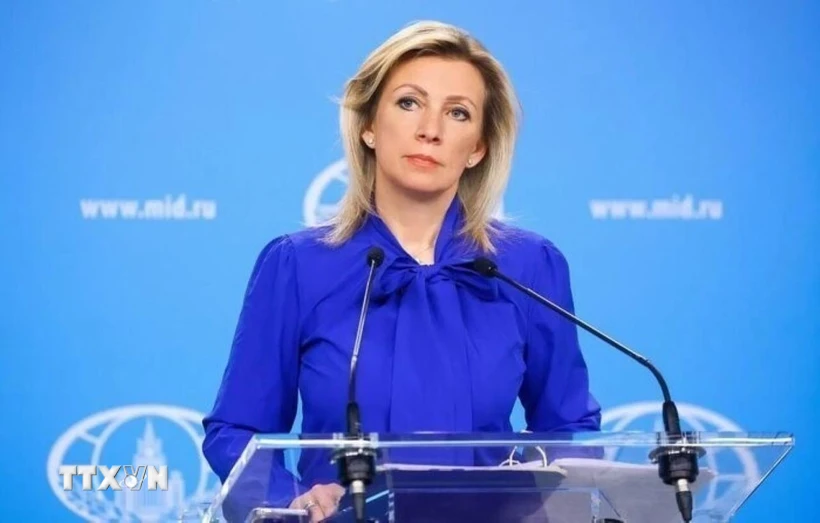






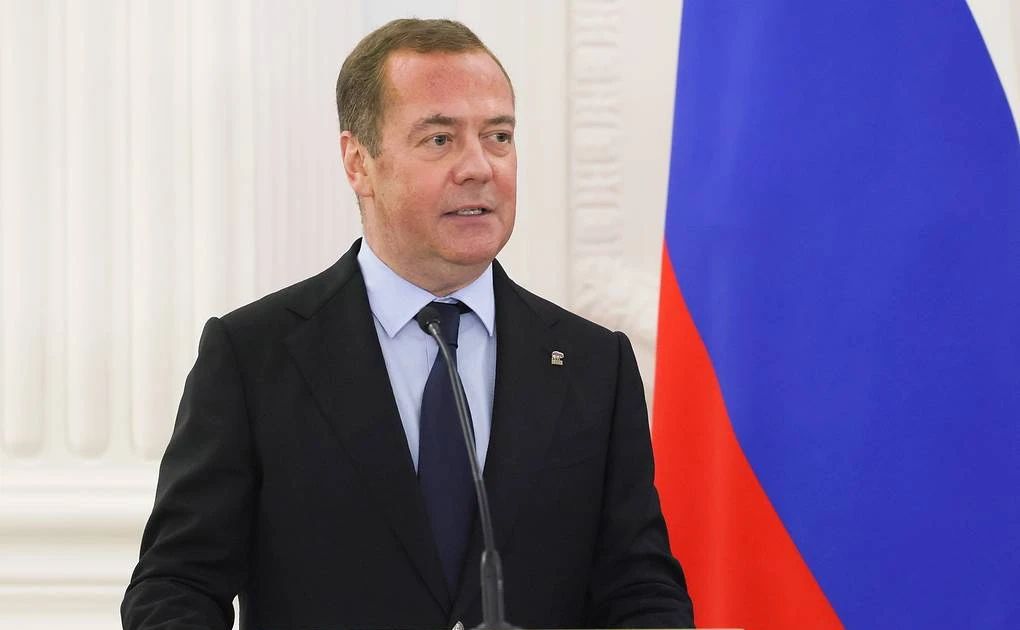
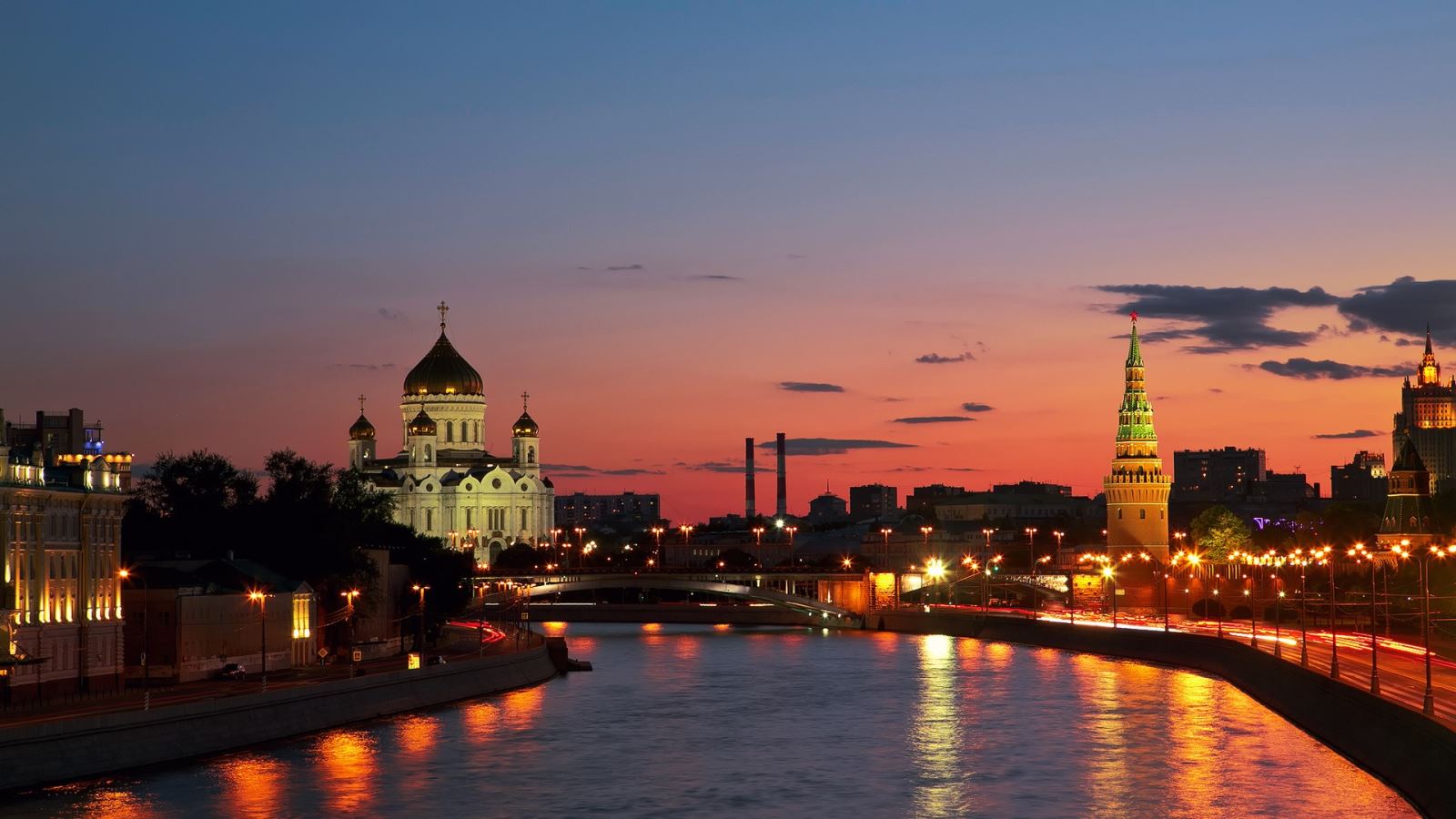





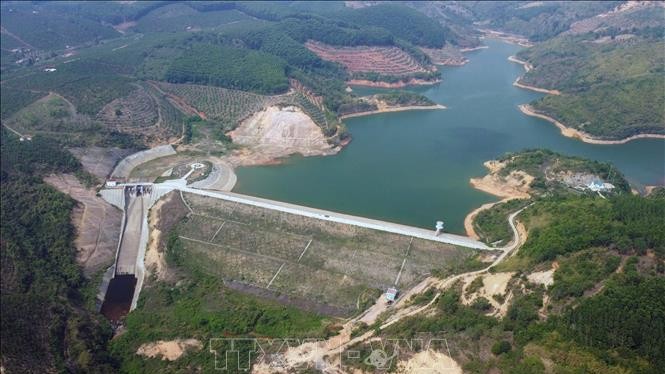











































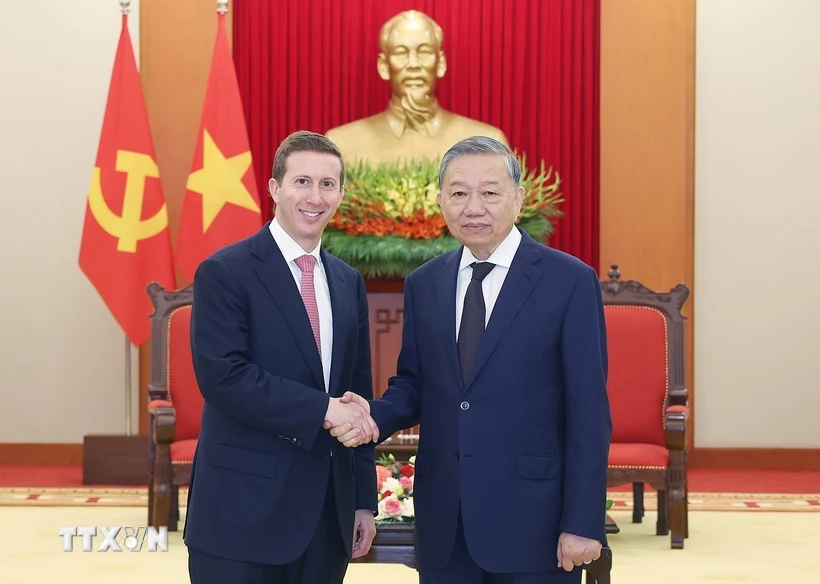









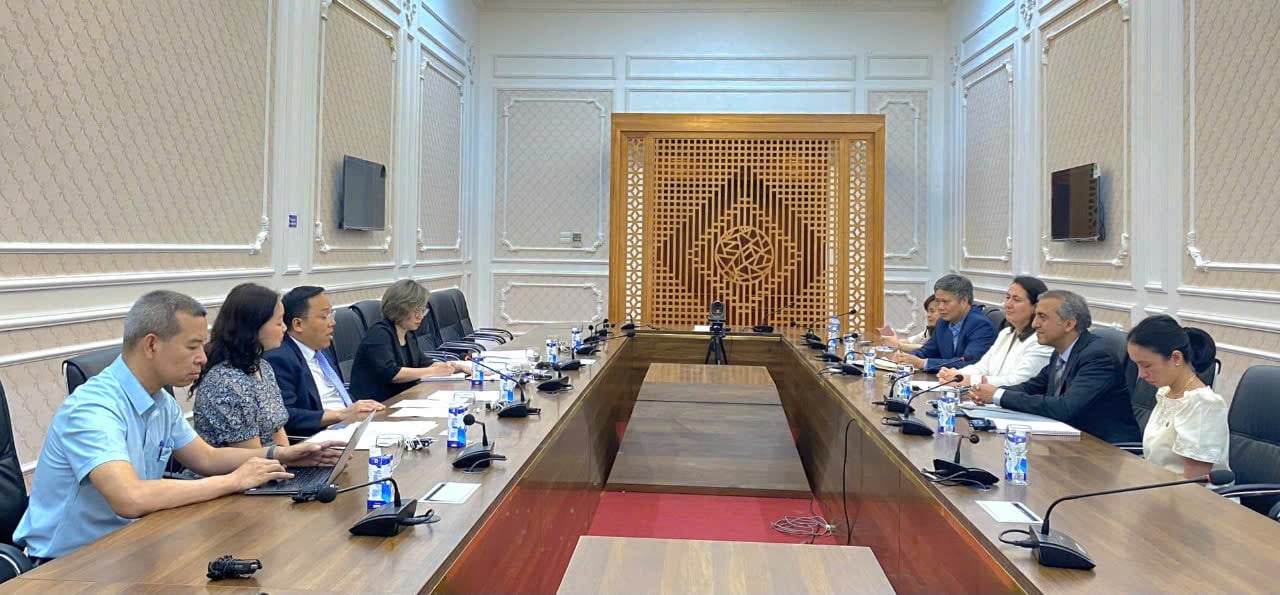










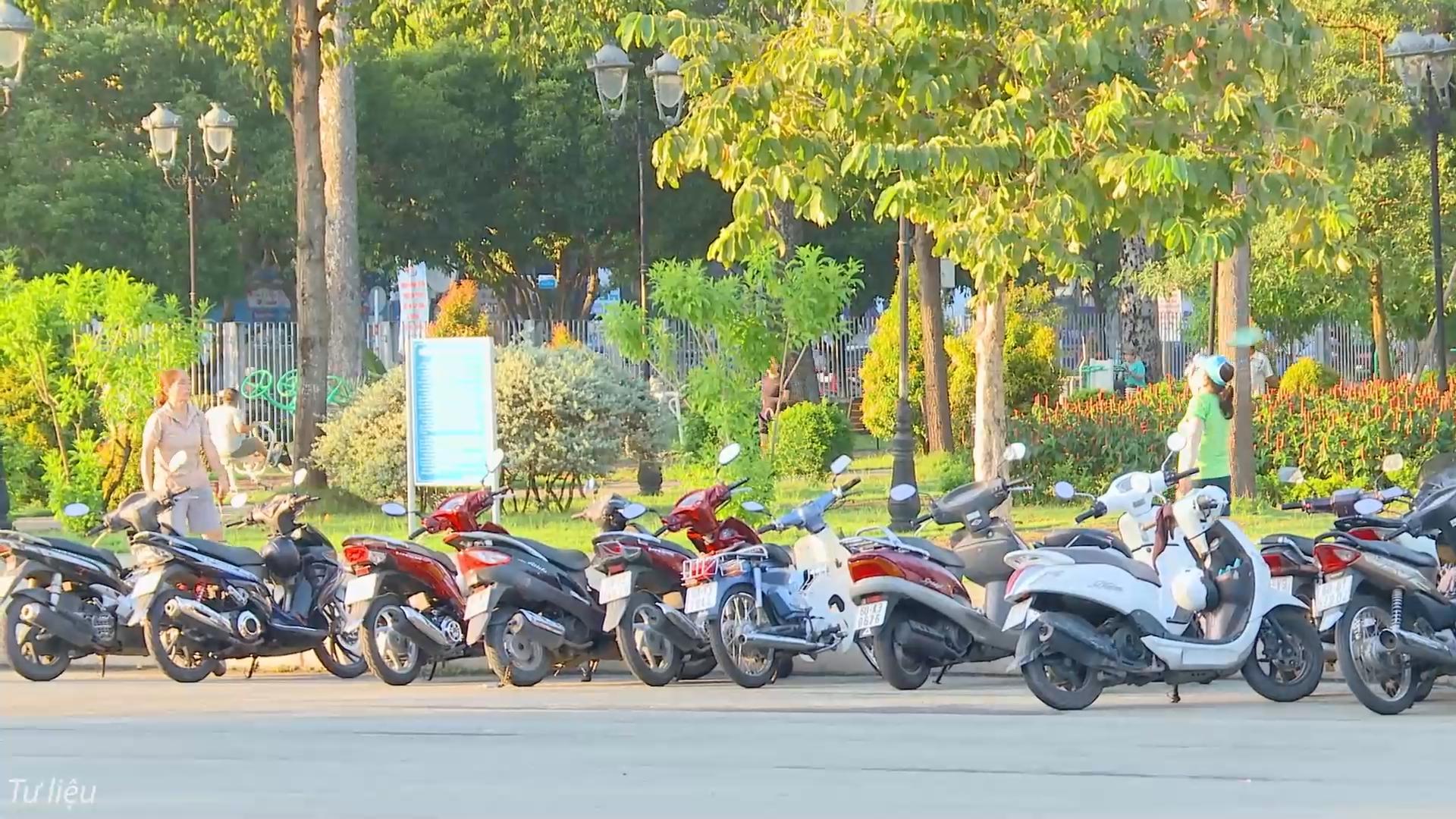










Comment (0)